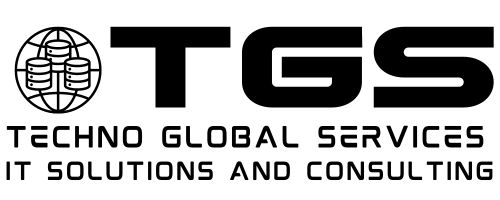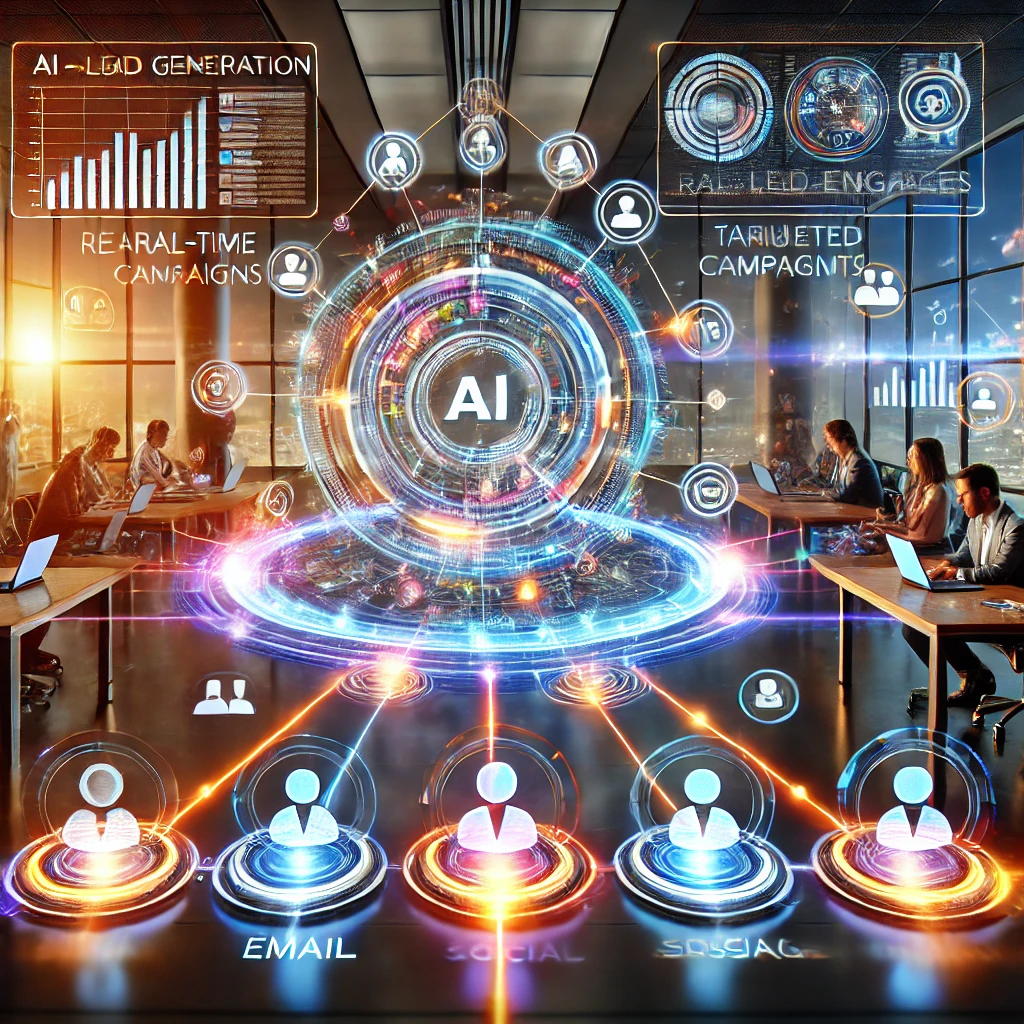The Impact of AI Automation on Workforce Dynamics
As companies increasingly adopt artificial intelligence (AI) and automation, the dynamics of the workforce are undergoing a significant transformation. While this shift raises concerns about job displacement, it also brings new opportunities for roles in customer support and sales.
Understanding AI Automation in the Workplace
AI automation refers to the use of algorithms and machine learning to perform tasks that traditionally required human intervention. In customer support and sales, automation technologies, such as chatbots and CRM systems, are streamlining operations and enhancing customer interactions.
The Rise of AI in Customer Support
Customer support is one of the most impacted areas by AI automation. Here’s how AI is changing the landscape:
- 24/7 Availability: AI-powered chatbots provide round-the-clock assistance, allowing customers to receive help at any time.
- Speed and Efficiency: AI can quickly analyze customer inquiries and provide solutions, significantly reducing response times.
- Personalization: By utilizing customer data, AI can tailor responses and recommendations, improving the overall customer experience.
While AI systems are taking over repetitive tasks, human agents can focus on more complex issues that require empathy and nuanced understanding. This shift creates new roles that emphasize high-level problem-solving and relationship management.
New Opportunities in Sales
Similar to customer support, sales teams are also adjusting to the evolving landscape shaped by AI. Key impacts include:
- Lead Qualification: AI tools can analyze potential leads, scoring them based on their likelihood to convert, allowing sales teams to prioritize efforts.
- Enhanced Customer Insights: AI provides deep analytics, enabling sales professionals to understand customer behavior and preferences better.
- Automation of Administrative Tasks: Routine tasks such as scheduling meetings and follow-ups can be automated, allowing sales teams to dedicate more time to strategic selling activities.
In this evolving landscape, sales roles are transitioning from transactional interactions to building long-term relationships with customers, emphasizing trust and value over volume.
Challenges and Considerations
Despite the advantages AI automation brings, it is essential to acknowledge the challenges. Concerns about job loss, the need for upskilling, and maintaining a human touch in customer interactions are paramount. Businesses must plan effectively to ensure:
- Upskilling Opportunities: Organizations should invest in training programs that enable employees to adapt to new technologies.
- Workforce Transition Support: Support should be provided for employees whose roles may be displaced due to automation.
- Human-Centric Approach: Balancing AI efficiencies with human interactions is crucial for maintaining customer rapport.
Ultimately, the integration of AI automation presents an opportunity for organizations to reimagine workforce dynamics, particularly in customer support and sales, leading to a more efficient and adaptive business model.
“““html
Conclusion
As artificial intelligence and automation continue to reshape workforce dynamics, businesses must navigate the delicate balance between efficiency and human connection. The transformation in roles, particularly within customer support and sales, offers exciting opportunities for organizations willing to adapt. By leveraging the advantages of AI automation, teams can enhance their operational effectiveness while focusing on building deeper relationships with customers.
To successfully navigate this evolution, companies are encouraged to seek guidance from experts in AI integration and automation. Techno Global Services, an AI automation consultancy agency, stands ready to assist organizations in realizing these capabilities. Their expertise in implementing tailored AI solutions can empower businesses to optimize workflows, enhance customer engagement, and foster a culture of continuous learning and adaptation.
As we look to the future, it is clear that AI automation is not just about replacing tasks; it is about rethinking and redefining how we work. Through proactive strategies and a commitment to upskilling, organizations can not only mitigate the challenges posed by this technological shift but also harness the full potential of AI to drive sustainable growth and success.

